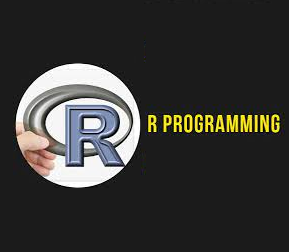
R Programming Trending
R Programming Basics course will cover basic concepts and techniques in scientific programming such as recognizing and changing data types, reading in and writing out data, indexing, loops, creating functions, iterations, manipulating data and creating plots. You will learn base R and a few selected packages.
Syllabus for an introductory course on R programming:
Section 1: Introduction
- Overview of R and its applications
- Installing and setting up R and RStudio
- Basic syntax and data types
- Basic arithmetic operations
Section 2: Data Structures and Data Manipulation
- Vectors, matrices, and arrays
- Factors, lists, and data frames
- Indexing and subsetting
- Basic data manipulation with dplyr and tidyr
Section 3: Data Visualization
- Introduction to ggplot2
- Basic plots: scatterplots, histograms, boxplots, etc.
- Customizing plots: colors, themes, labels, etc.
Section 4: Programming Concepts
- Control structures: if/else statements, for/while loops
- Functions: writing and calling functions
- Debugging and error handling
Section 5: Statistical Inference
- Introduction to statistical inference
- Hypothesis testing: t-tests, chi-squared tests, etc.
- Confidence intervals
- Basic regression analysis with lm()
Section 6: Data Import and Export
- Reading and writing data from/to files
- Importing data from databases and web sources
- Working with APIs
Section 7: Advanced Topics
- Machine learning with caret
- Text mining with tm
- Time series analysis with ts
- Parallel computing with parallel
Section 8: Final Project
- Students work on a final project applying R to a real-world problem or dataset
- Presentations and feedback

